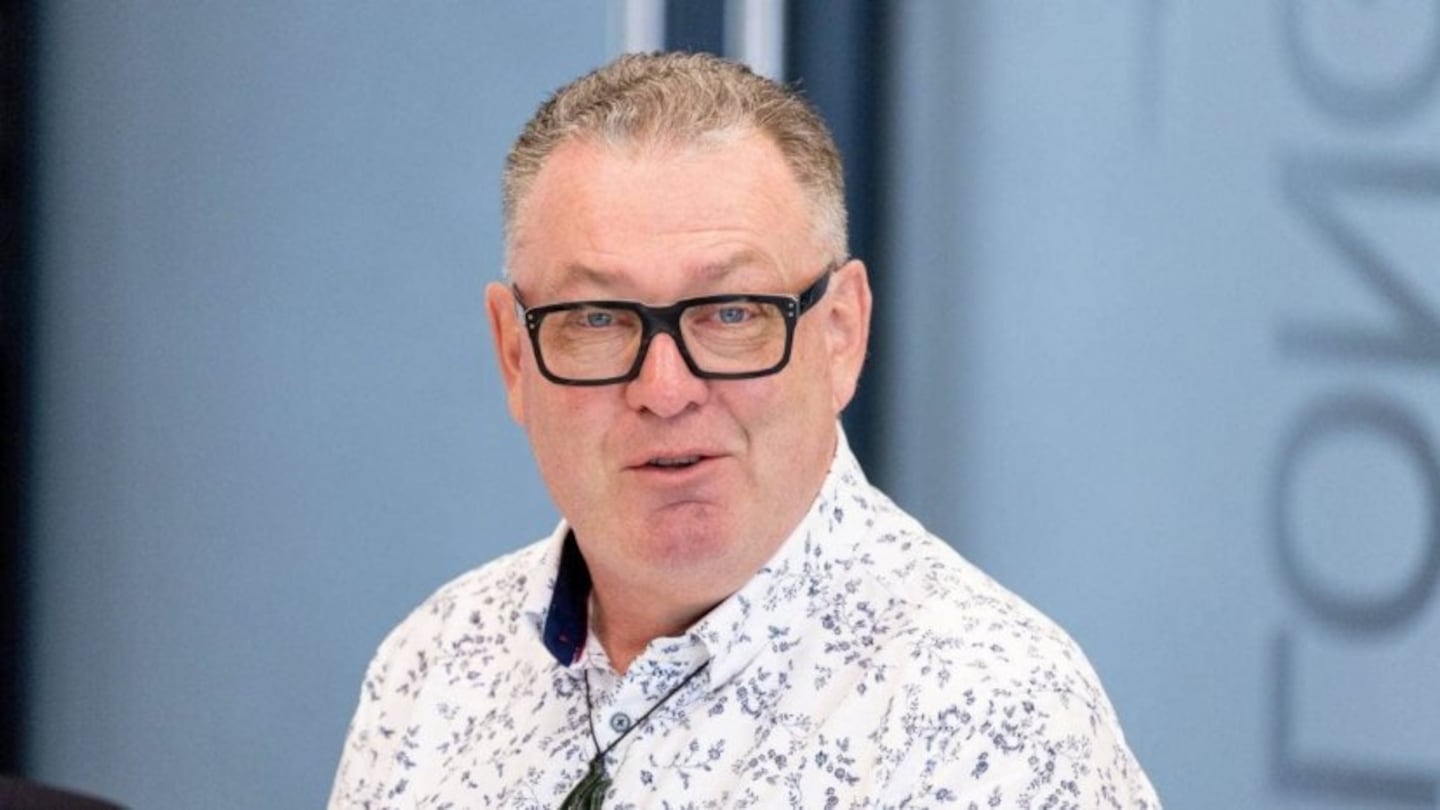Te Pūkenga chief executive Peter Winder says the “brutal reality is, there will be some job losses”. Photo / Tom Lee / Stuff
By Lee Kenny
Low staff morale and hundreds of job losses are on the horizon but the head of Te Pūkenga remains adamant it was right to merge the country’s 16 polytechs.
Between 200 and 1000 jobs will go, said chief executive Peter Winder, as the national tertiary provider faces a $63 million deficit.
“The brutal reality is, there will be some job losses.”
As well as redundancies, buildings and other assets will be sold, and a recruitment freeze is in place as the organisation looks to slash millions from its budget.
Te Pūkenga has 260,000 students and 13,000 staff. It was formed through the merger of 16 institutes of technology and polytechnics (ITPs) and nine industry training organisations (ITOs).
So far $200m has been spent on the project.
Winder agreed to an in-depth interview with Stuff ahead of the organisation’s third anniversary on Saturday.
Te Pūkenga, which is headquartered in Hamilton, has repeatedly hit the headlines, especially in the last 12 months, but Winder said that was to be expected.
“This is a large and complicated public sector transformation and with that goes scrutiny and that's appropriate.”
A survey that emerged this week showed a third of staff saw no future at Te Pūkenga, while the vast majority surveyed would not recommend working there to whānau and friends.
Asked how that made him feel, Winder said “really concerned and anxious”.
“Quite clearly my staff are feeling it.
“[It] makes me even more determined to get on and deliver them the certainty they need as quickly as possible.
“The thing that sustains me is the knowledge that what we are doing is, I believe, the right thing to do.”
Winder would not discuss Te Pūkenga’s previous chief executive Stephen Town, who went on “special leave” in July 2022, while still earning his salary of up to $13,000 a week.
However, he stood by a message sent to staff reminding them they are “public servants”, that sparked an academic freedom row last week.
He also justified the introduction of a 30-page internal “style guide” containing words and phrases that Te Pūkenga's employees were encouraged to use or avoid.
The document includes a section headed “words and acronyms we don’t use”, which included Treaty of Waitangi.
“We use Te Tiriti o Waitangi or Te Tiriti,” staff were told in the guide.
“Those are the words used in the legislation, those are the words we chose to reflect in the style guide,” said Winder, who became chief executive in December 2022.
“All of the research about what needs to happen to ensure that Māori can succeed as Māori, is that our Māori learners need to be able to see themselves in the organisation..
“They need to be able to see that we are competent in our use of te reo, that our values work and align with them, they need to be able to see Māori in places of leadership.”
Winder became acting chief executive in July last year, at the time saying the organisation was “well behind” where it needed to be.
“With hindsight, if we had been able to advance earlier the integration of systems we would be in a far better position now, than we are,” he said on Friday.
Systems that need to be integrated include finance and student management administration software.
“The time frame was always that this was going to take many years,” he said.
“To address the key staff concern of ‘do I have a job and what does the future look like for me’, that’s [what] we were behind on, and we really need to nail now.”
Te Pūkenga – which, in te reo Māori, means to be proficient or skilled in particular roles – was borne out of the need to improve New Zealand's tertiary sector for several reasons, he said.
“In the absence of any other change, the polytechs were forecast to collectively make annual losses in the order of $280m a year, by now.”
The aim was to realign vocational education to be more focused on in-work learning, something that would benefit staff and employers, he said.
“That's even more important now in the context of a labour shortage.”
Responding to Winder’s statement on redundancies, Tertiary Education Union national secretary Sandra Grey said they were “ready to fight for every job”.
“Te Pūkenga’s enrolments have suffered at least in part due to students voting with their feet in the wake of instability and bad publicity,” she said.
“Perhaps the leadership of Te Pūkenga should take responsibility for that, not the staff.”



